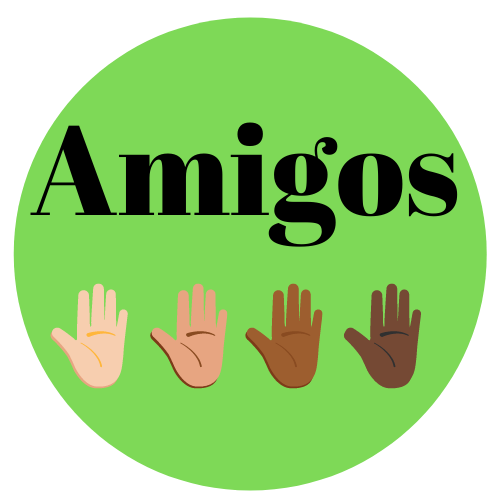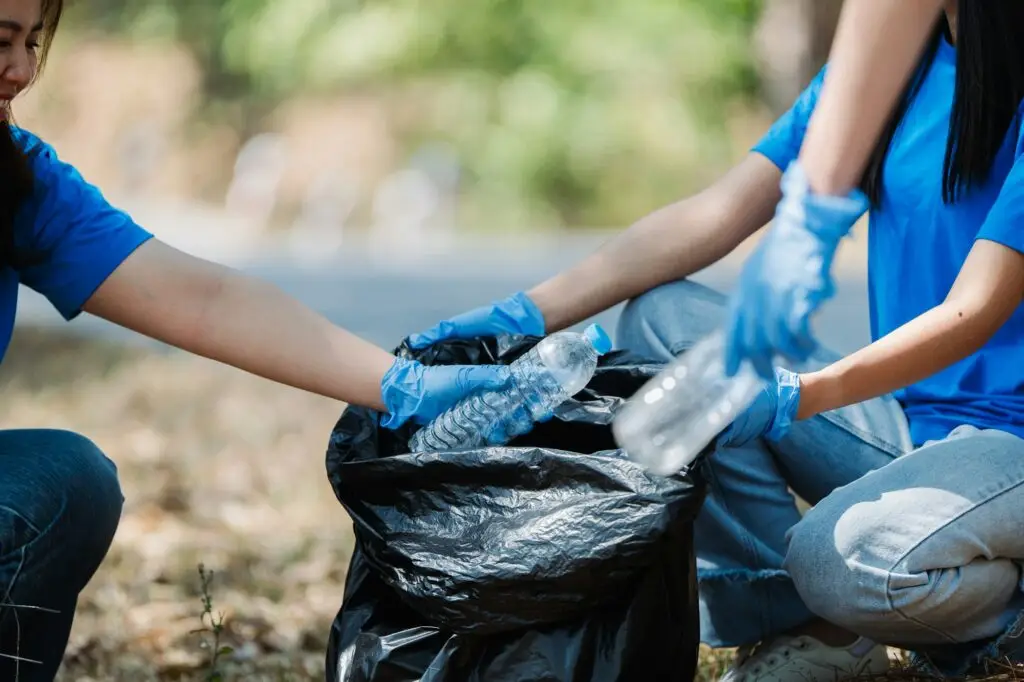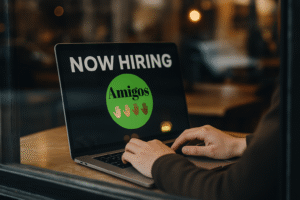About The Grant: BizRecycling Food Recovery Grant 2024 – Minnesota
The BizRecycling Food Recovery Grant 2024 aims to support programs that recover surplus, edible food from businesses, organizations, and farmer’s markets to distribute to people in need. This initiative seeks to reduce food waste while addressing food insecurity within the community. The grant is open to various entities including businesses like food donors, food producers, distributors, grocers, cafeterias, and nonprofit organizations such as college food shelves in Ramsey and Washington counties of Minnesota.
Funding from the grant can be utilized for various purposes related to food recovery and donation. This includes the acquisition of materials for food recovery activities, storage costs, transportation expenses, and limited staffing costs associated with food recovery and gleaning work. Additionally, the grant can fund infrastructure and equipment required for food recovery and donation efforts, as well as staff recycling training.
Important Details
- Application Deadline: 07/19/2024
- Link to Application: Apply Here
- Donor Name: BizRecycling
- State(s): Minnesota (Ramsey County, Washington County)
- Grant Duration: Grant Duration Not Mentioned
- Grant Amount: $10,000 to $100,000
- Qualification Criteria:
- Eligible businesses include food donors, food producers, distributors, grocers, cafeterias, food shelves, banks, colleges, and farmers markets.
- Applicants must be in good standing with the Minnesota Secretary of State and the Minnesota Department of Revenue at the time of application.
- All food recovery associated with this grant must take place in Ramsey or Washington counties of Minnesota.
Taking Action
It’s crucial for eligible entities to take action and apply for the BizRecycling Food Recovery Grant 2024. This opportunity not only helps reduce food waste but also supports those in need within the community. Share this grant opportunity with your network of Latino businesses to ensure widespread awareness and participation. Together, we can make a significant impact on food recovery and distribution efforts. “`







 Noticias Newswire
Noticias Newswire 
